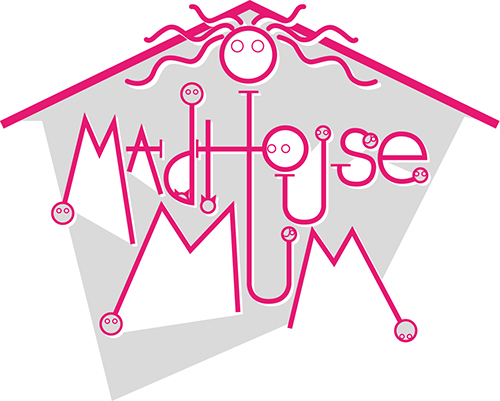Following a post I put on Facebook at the weekend, I have realised that I am in mourning. The responses it generated left me feeling a little down, quite sad.
They’re calling our teens the ‘snowflake generation’ and I understand why. But it’s not them, it’s us.
It’s us who are the problem. They are just so often the passive receivers of our suffocating ways.
My post was suggesting that parents shouldn’t feel obliged to go to University open days with their kids. I said that they should let them find their own way there, to stand on their own two feet, to let them breathe.
Just like we did when we were young. We wouldn’t have dreamt of having a parent or two breathing down our necks, asking embarrassing questions. It’s bad enough at Parent’s evenings where we accompany our teens. Do you not find that everything you do/say/wear is met with a teenage shake of the head? An eyeball roll to the ceiling? An embarrassed, hushed ‘muuum’ uttered under their breath?
But it’s not their fault, it’s ours.
It’s a trend and we are all made to feel we must follow suit. At least initially we feel we should follow, but this initial parent angst at the thought of being ‘the only one who doesn’t’ soon develops into, ‘actually, I want to be there’ and quite frankly, ‘why shouldn’t I be there?’ Then dangerously becomes ‘you’re a bad parent if you don’t’.
Why is this dangerous? Because we are creating snowflakes – children who can no longer think for themselves. We’re all guilty of it. Because however much we rally against it, it will get us in the end. Institutions don’t help. Universities quickly realised that as Mum and Dad are paying they might want to see what they are paying for. Talks are organised specifically for parents, whilst education gurus shake their heads in dismay at what this is creating.
The media fuels our parental insecurities. Technology enables us to track our teenagers’ every move. I do it myself with the excuse that it’s useful to know where they are. But it’s not just that. It’s comforting in this seemingly terrifying world that the media build it up to be.
It’s not their fault, it’s ours.
We’re morphing their brains, through our own insecurities. By our own sense of guilt. By thinking that we ‘should’ because everyone else ‘is’. And everyone else ‘is’ because we are being allowed. We are being given the green light to enter our teenager’s world in a way that our parents weren’t. The media, technology and circumstance colliding to disempower our children.
Independence builds resilience. Yes, we were homesick away from our family those first days in halls. But we had something to fall back on. We had something that we didn’t even know we had until we needed it. Something that everyone took for granted, back then.
Back then we had space. Back then we had trust and with trust and space came confidence and a deep seated knowledge that we would be ok.
More teenagers than ever are not ok. The past few years have seen a huge rise in teen anxiety and suicides and we desperately ask ourselves why? Screen use? Social media pressures? Work load? Yes to all this and as parents we simply don’t know how to respond. We are terrified of what lurks on the Internet, but we cannot keep up and are left bewildered and ignorant. And our response? To protect. To draw them closer. To try to enter and to understand their world. Which quickly leads to us controlling their world. Picking them up from late night gigs to save the worry of them getting home alone. Doing their homework with them to prevent them from failure. Finding them work experience because by now we are hard-wired to help. To rescue.
It’s not their fault, it’s ours.
They are lapping up our support. They are wanting us there.
And why not? Time is precious and moves so fast. From newborn, to toddler to first day at school and then they are gone.
Why shouldn’t we hold them close? Why wouldn’t we want to protect them from harm? They are our babies after all. It’s our job.
No. It’s part of our job.
It’s also our job to let go. It’s also our job to allow them to take risks. It is our job to stand back and watch them fail.
Our job isn’t easy, but next time we hear our child being referred to as part of ‘the snowflake generation’, we must ask ourselves, whose fault is it?


I totally agree that we, the older generation of parents and teachers are feeding this issue. I hope we can regain some balance again soon as freedom and independence build resilience.
Yes to this, Hayley!
i think it is not fault of any generation, there is need of mutual understanding
I don’t think that mutual understanding between different generations necessarily creates children who are resilient and confident. In other words, mutual respect doesn’t necessarily stop a generation being labeled as ‘snowflakes’.